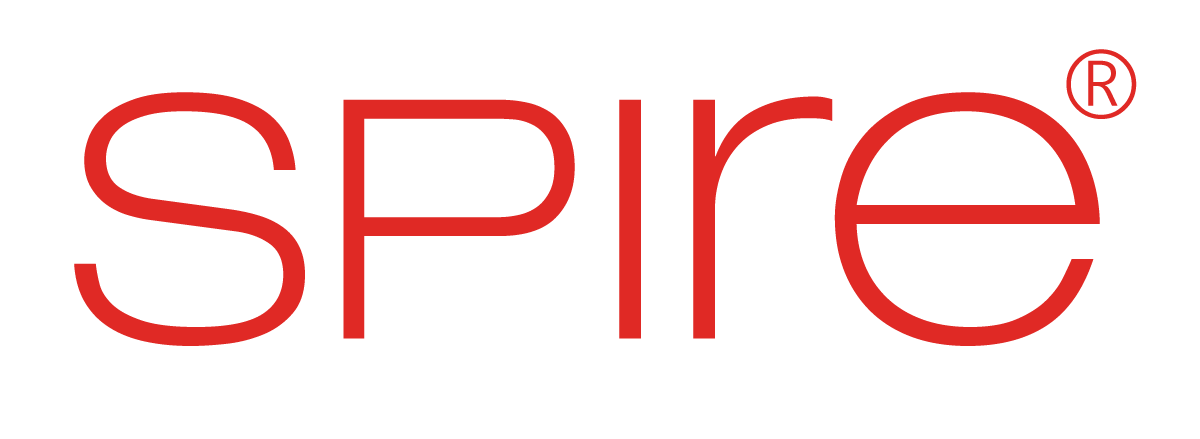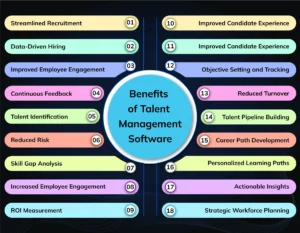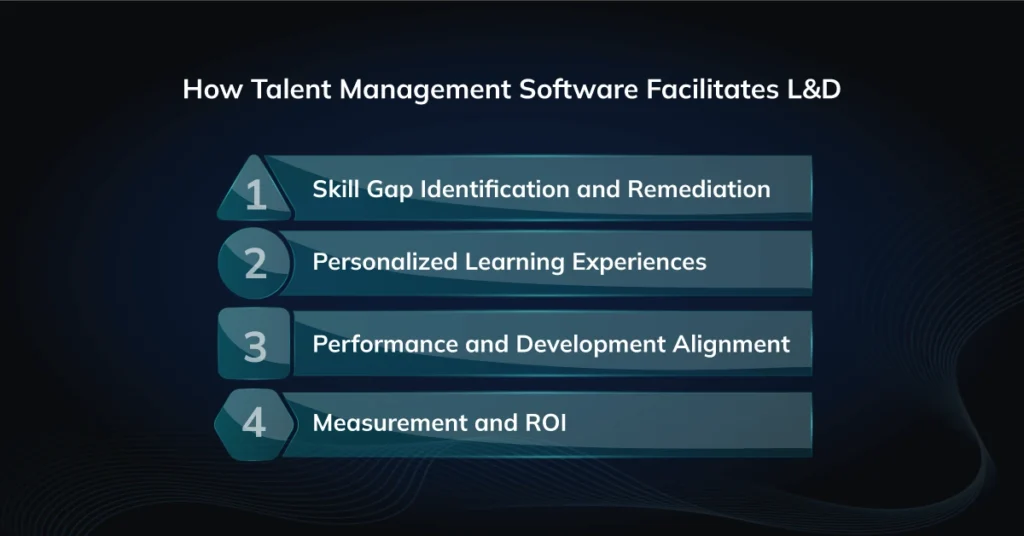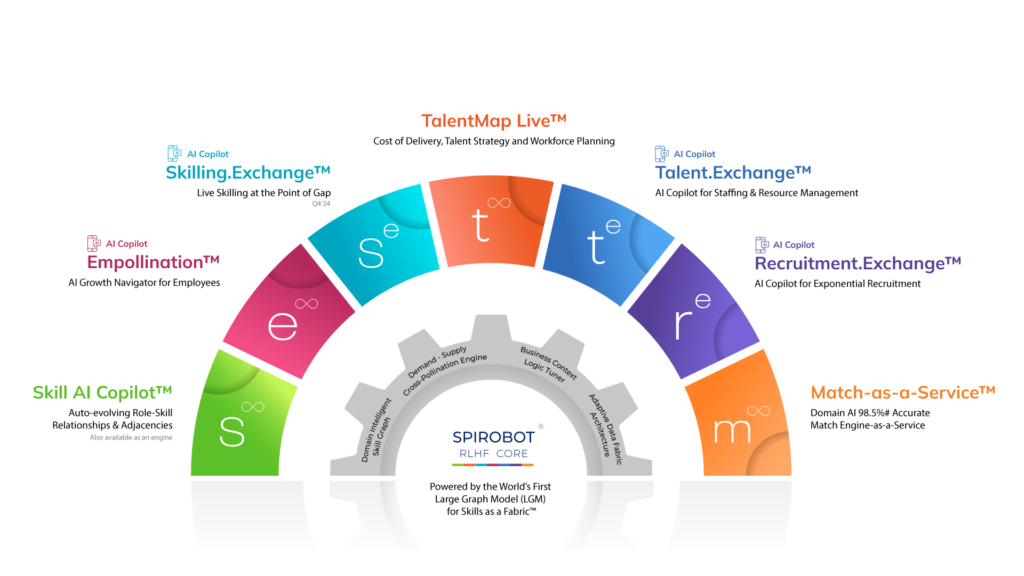In today’s competitive landscape, organizations constantly strive to identify and develop top talent. This ensures a strong internal talent pool and fosters a culture of learning and development, leading to a more engaged and productive workforce. Talent management software is critical in achieving this goal.
What is Talent Management Software?
Talent management software is a comprehensive suite of tools that streamlines and automates various aspects of the employee lifecycle, from recruitment and onboarding to performance management, learning and development, and succession planning. By leveraging a talent management system, organizations gain valuable insights into their workforce, allowing them to make informed decisions about talent acquisition, development, and retention.
Talent management software is a comprehensive suite of tools that streamlines and automates various aspects of the employee lifecycle, from recruitment and onboarding to performance management, learning and development, and succession planning.
Benefits of Talent Management Software
Talent management software is a strategic investment that yields substantial returns for organizations. By centralizing and automating HR processes, talent management software empowers businesses to optimize talent acquisition, development, and retention. Let’s delve deeper into the advantages:
Enhanced Talent Acquisition
- Streamlined Recruitment: From job posting to offer acceptance, talent management software automates repetitive tasks, freeing recruiters to focus on building relationships and sourcing top talent.
- Improved Candidate Experience: A streamlined application process and timely communication enhance the candidate experience, boosting employer brand reputation and attracting top talent.
- Data-Driven Hiring: Advanced analytics within talent management software provide insights into candidate quality, sourcing channels, and time-to-hire, enabling data-driven hiring decisions.
Accelerated Onboarding
- Efficient New Hire Setup: Talent management software automates paperwork, background checks, and onboarding tasks, ensuring a smooth transition for new employees.
- Improved Employee Engagement: A well-structured onboarding process using talent management software helps new hires feel welcomed and valued, increasing their engagement and productivity.
- Reduced Turnover: Effective onboarding through talent management software lays the foundation for long-term employee success and reduces turnover rates.
Enhanced Performance Management
- Continuous Feedback: Talent management software facilitates ongoing performance discussions, fostering open communication and employee development.
- Objective Setting and Tracking: Clear goals and performance metrics can be established and monitored within talent management software, aligning employee efforts with organizational objectives.
- Talent Identification: High-potential employees can be identified through performance data, enabling targeted development and succession planning.
Effective Succession Planning
- Talent Pipeline Building: talent management software helps identify and develop high-potential employees to fill critical roles, ensuring business continuity.
- Reduced Risk: A robust succession plan minimizes disruptions caused by unexpected departures.
- Career Path Development: talent management software supports career pathing initiatives, which provide employees with clear growth opportunities and increase job satisfaction.
Improved Learning and Development
- Skill Gap Analysis: talent management software identifies skill deficiencies within the workforce, enabling targeted training and development programs.
- Personalized Learning Paths:Talent management software can analyze employee data to create customized learning experiences that enhance skill development.
- Increased Employee Engagement: Using talent management software to offer relevant and engaging learning opportunities boosts employee morale and productivity.
Data-Driven Decision Making
- Actionable Insights: talent management software provides valuable data on workforce trends, performance metrics, and employee engagement, enabling data-driven decisions.
- ROI Measurement:The impact of talent management initiatives can be measured and quantified, justifying investments in human capital.
- Strategic Workforce Planning: talent management software supports long-term workforce planning by forecasting talent needs and identifying potential gaps.
By leveraging talent management software’s power, organizations can create a high-performance culture, optimize talent utilization, and achieve sustained business success.
How Talent Management Software Facilitates Learning and Development
Talent management software is a powerful tool that can transform learning and development initiatives into a strategic advantage. By integrating seamlessly with HR functions, talent management software provides a holistic view of employee performance, potential, and learning needs, enabling organizations to cultivate a high-performing workforce.
Skill Gap Identification and Remediation
- Precise Skill Assessment: talent management software can accurately assess employee skills and competencies, identifying gaps between current capabilities and organizational requirements.
- Targeted Development Plans:Talent management software can generate tailored development plans for individuals and teams based on skill gap analysis, ensuring that learning efforts align with business objectives.
- Succession Planning Integration: By identifying critical skills for future roles, talent management software helps organizations build a strong talent pipeline and develop successors for critical positions.
Personalized Learning Experiences
- Employee-Centric Development: talent management software enables the creation of personalized learning paths based on individual goals, strengths, and development areas.
- Microlearning Integration:Short, focused learning modules can be delivered through talent management software, accommodating employees’ busy schedules and enhancing knowledge retention.
- Learning Preferences: Talent management software can accommodate diverse learning styles by offering a variety of content formats, including text, video, audio, and interactive simulations.
Performance and Development Alignment
- 360-Degree Feedback Integration: talent management software can incorporate feedback from multiple sources to provide a comprehensive view of employee performance and development needs.
- Performance Improvement Planning:Talent management software facilitates the creation of targeted improvement plans by linking performance metrics to development goals.
- Career Pathing: talent management software can visualize career progression opportunities, motivate employees, and guide their development efforts.
Measurement and ROI
- Learning Effectiveness Tracking: talent management software can measure the impact of learning initiatives on employee performance and business outcomes.
- Return on Investment (ROI) Analysis: By tracking training costs and benefits, talent management software helps organizations justify learning investments and demonstrate their value.
- Continuous Improvement: Data-driven insights from talent management software enable organizations to optimize learning programs and allocate resources effectively.
By harnessing the capabilities of talent management software, organizations can create a culture of continuous learning, enhance employee engagement, and drive business success.
Spire.AI – A Catalyst for Learning and Development
Spire.AI is a leading talent management software company that helps organizations transform into Skills-Based Organizations (SBOs). Here’s how Spire.AI’s full-stack SaaS talent solutions empower learning and development:
Spire.AI – Learning and Development Solutions
– Auto-Evolving Role-Skill Framework
– Automatic AI-generated Employee Skill Profiles
– Career Path Simulation and Reskilling Recommendations
– Talent Marketplace
Auto-Evolving Role-Skill Framework
Spire.AI’s intelligent framework automatically identifies the complex skill mixes required for each role, providing a clear picture of the skills needed across the organization. This allows organizations to tailor their learning and development programs to address specific skill gaps.
Automatic AI-generated Employee Skill Profiles
Spire.AI aggregates and analyzes data from various sources to build comprehensive employee skill profiles. These profiles can be used to identify individual skill gaps and recommend targeted learning opportunities.
Career Path Simulation and Reskilling Recommendations
Spire.AI helps employees explore potential career paths and identify the skills they need to advance. The platform also provides personalized recommendations for upskilling and reskilling opportunities.
Talent Marketplace
Spire.AI’s talent marketplace connects employees with internal mobility opportunities, allowing them to develop their skills and gain new organizational experiences.
Overall, Spire.AI’s talent management software creates a data-driven and personalized approach to learning and development.
Final Thoughts
In an era characterized by rapid technological advancements and evolving workforce dynamics, talent management software has emerged as an indispensable tool for organizations seeking to thrive. By streamlining HR processes, fostering a culture of learning and development, and empowering data-driven decision-making, talent management software provides a solid foundation for building a high-performing and engaged workforce.
As the business landscape evolves, it is crucial to select a talent management solution that aligns with your organization’s specific needs and goals. By investing in the right talent management software, you can unlock the full potential of your talent, drive innovation, and achieve sustainable growth.
Remember, talent management is not just about software; it’s about people. A successful talent management software implementation requires buy-in from leadership and employees alike. By fostering a culture of collaboration and continuous improvement, organizations can maximize the benefits of their talent management initiatives and create a thriving workplace.








